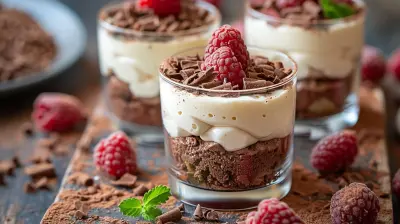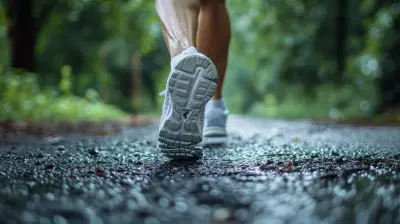Bone Health for Athletes: Optimizing Recovery and Performance
21 September 2025
Alright, let’s get one thing straight: bones are the unsung heroes of athletic greatness. You can have Herculean muscles, a six-pack that looks photoshopped, or cat-like reflexes—but if your bones are throwing in the towel, the game is over before it starts. Yep, your skeleton is the OG foundation of every sprint, squat, and slam dunk.
Let’s talk bone health for athletes—how to keep those precious calcium sticks strong, avoid injuries, and recover like a boss. Oh, and we’ll toss in some laughs, because why not make bone talk…less dry and more cheeky?
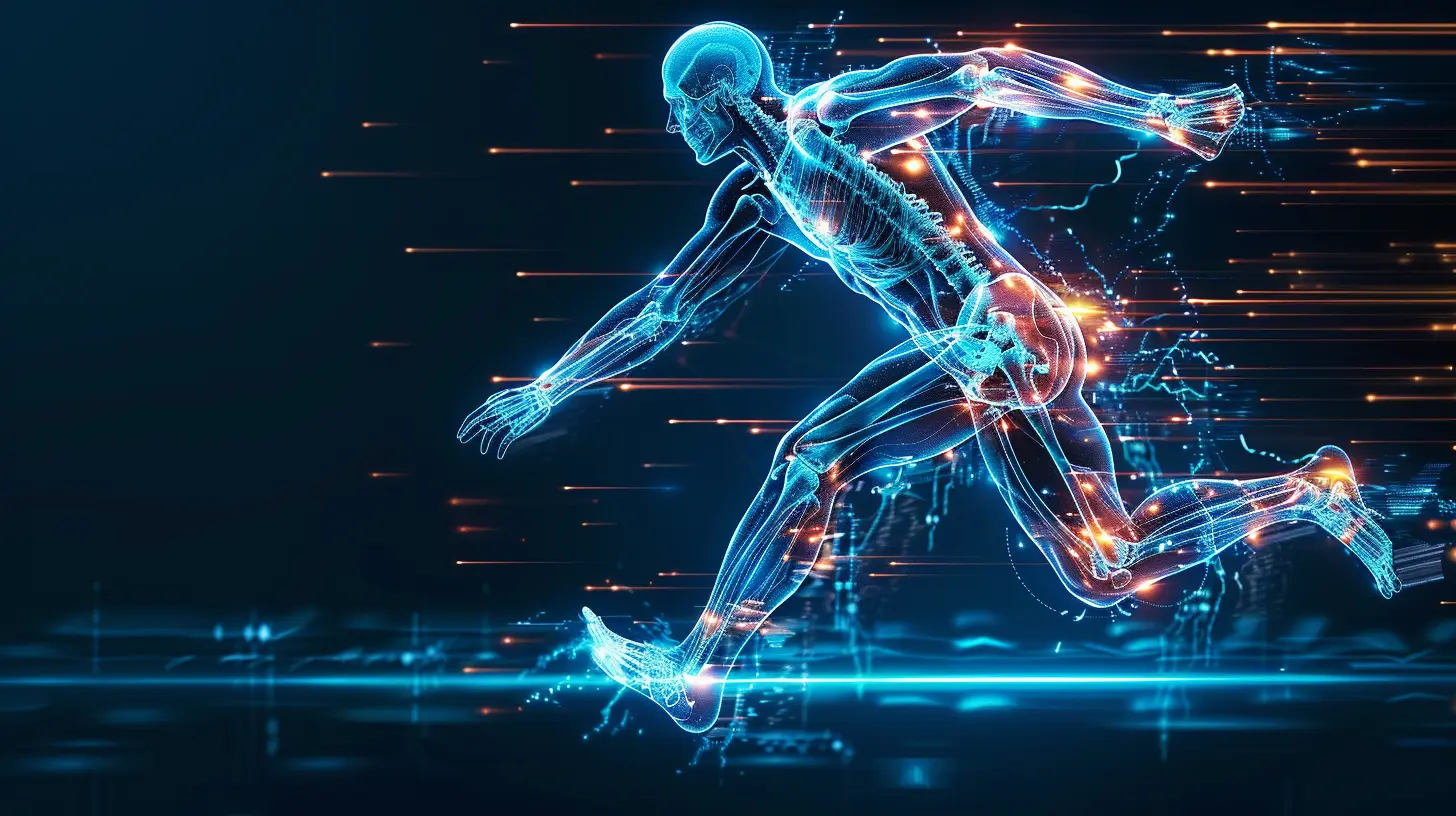
Why Bone Health Isn’t Just For Grandma
First things first, when you hear "bone health," you probably picture your nan drinking warm milk and knitting socks. But hold onto your protein shake—bone health isn’t just a retirement plan. It’s your athletic insurance policy.You see, bones are living tissue (yep, not just dead scaffolding), constantly remodeling like a house with ADHD. Old bone is broken down and replaced with new bone. For athletes, that remodeling process is critical—because all that jumping, running, and weight lifting? It’s like throwing a construction party for your skeleton.
But... ignore your bones and they might RSVP with stress fractures, shin splints, or worse, a full-blown snap, crackle, and pop. Not so fun in real life.
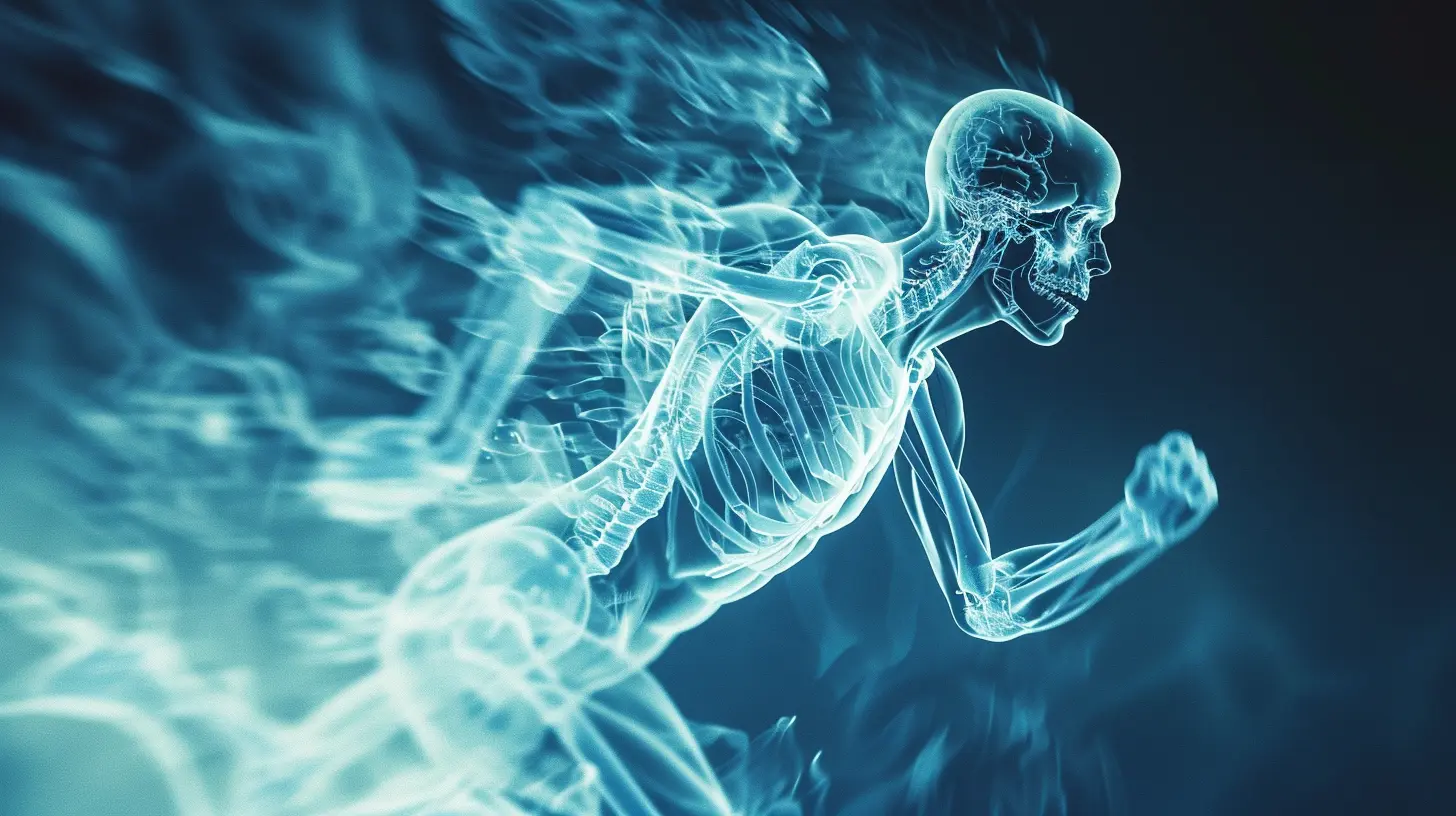
The Bone Basics: What Are We Working With?
Let’s be nerdy for a sec.Bones are made up of:
- Collagen – the cushy protein that gives bones flexibility (think of it as the yoga instructor).
- Calcium phosphate – the mineral that makes them strong and dense (basically, the gym bro).
Together, they make bones tough but not brittle. And this dynamic duo? They need some serious TLC to stay at peak performance.
Fun Bone Fact:
You have 206 bones in your body. That’s 206 reasons to care about bone health. Just sayin’.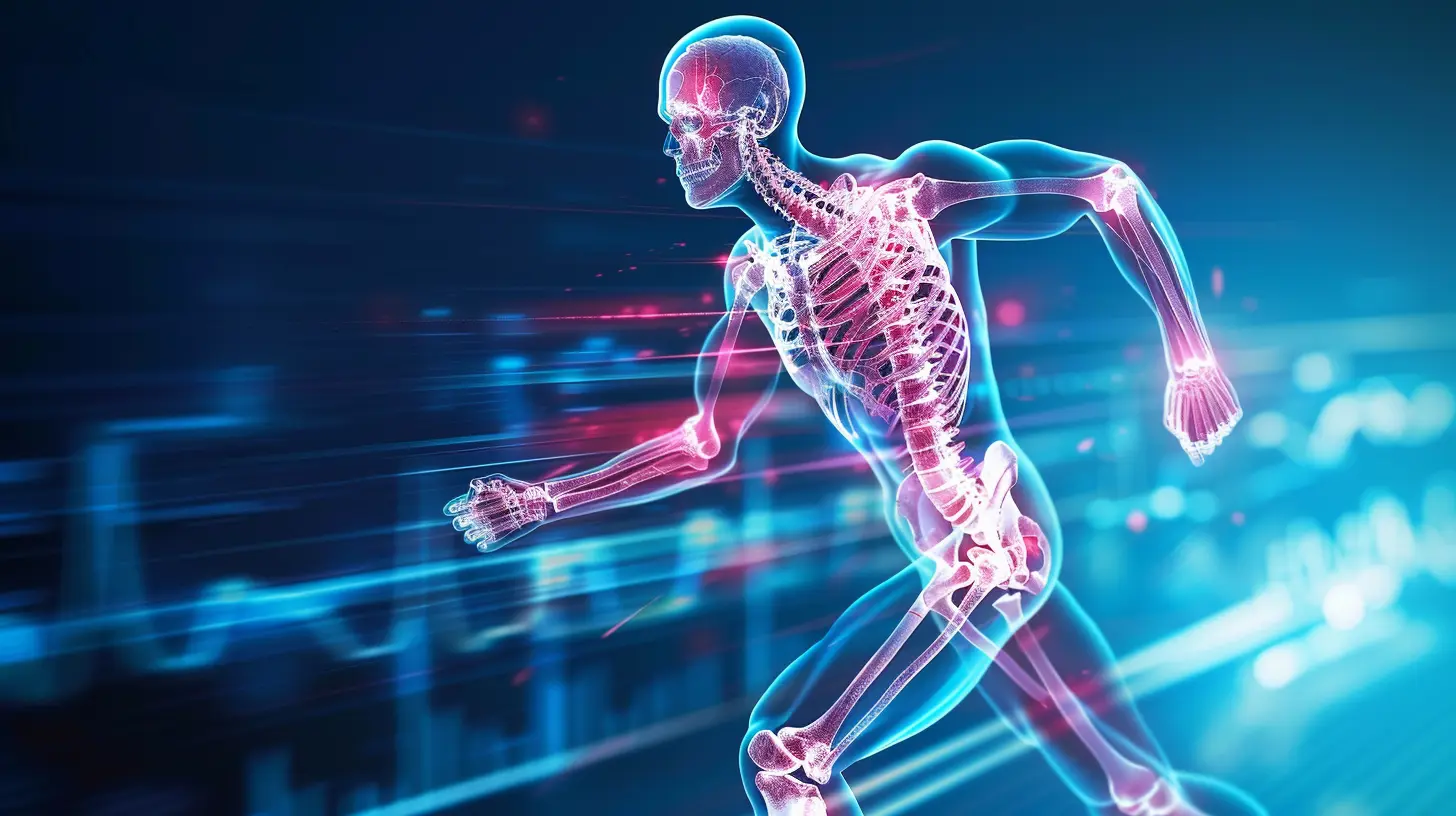
The Athlete’s Bone-Stress Story
Here’s the deal: athletes put their bones under more stress than the average couch potato bingeing Netflix. That’s not necessarily bad—stress (the right kind) actually stimulates bone growth. It’s called Wolff’s Law, and it basically says bones adapt to the loads you place on them. Lift heavy? Bones get stronger. Run marathons? Bones get denser. Sit and play video games all day? Well, your bones might start sending their résumés to retirement homes.But...there’s a catch.
Too much stress without enough recovery = bone burnout. That’s where stress fractures, poor performance, and injuries come in. So balance is the name of the game. Kind of like mixing squats and stretching—you need both.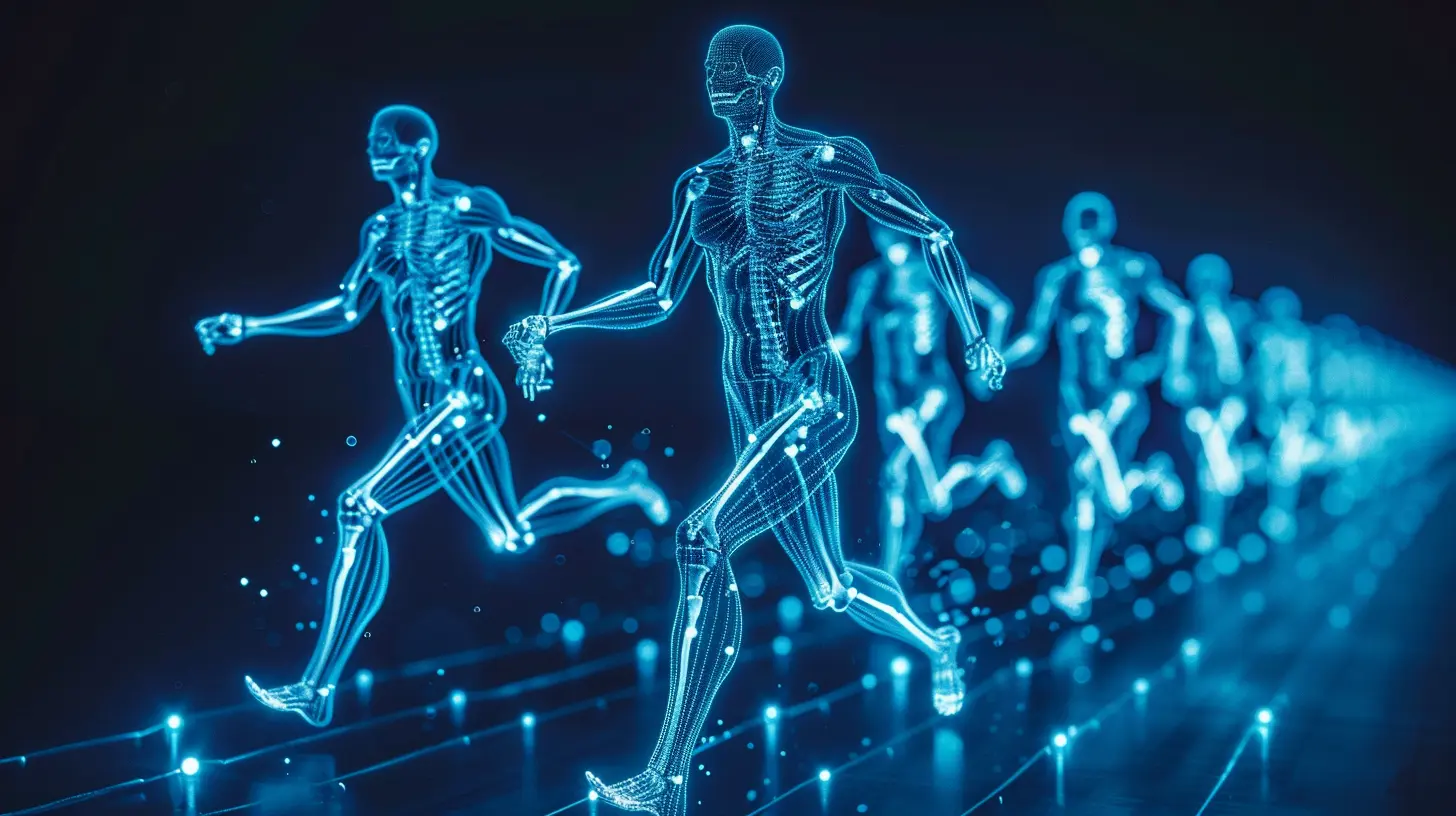
Fuel Your Bones: The MVP Nutrients
You don’t build strong bones with air and hope. You need nutrients—like, a lot of them. And not just your daily Flintstones gummy.1. Calcium – The Bone Builder
You knew this was coming. Calcium is the Beyoncé of bone nutrients. About 99% of the calcium in your body lives in your bones and teeth.- Sources: Dairy (milk, cheese, yogurt), leafy greens, almonds, tofu, fortified plant milks.
- Pro tip: If your diet is a dairy ghost town, make sure you're getting calcium from other sources—or consider supplementation (talk to a health pro first, though).
2. Vitamin D – The Calcium Concierge
Vitamin D helps your body absorb calcium. Without it, you’re basically just flushing calcium down the drain.- Sources: Sunlight (hello, golden hour jog), fatty fish, egg yolks, fortified foods.
- Reality check: Depending on where you live (hello, winter), you might need a vitamin D supplement.
3. Magnesium – The Bone’s Secret Bestie
Magnesium helps vitamin D do its job and is also involved in bone formation.- Sources: Nuts, seeds, whole grains, bananas, dark chocolate (yes, permission granted).
4. Vitamin K2 – The Traffic Cop
K2 directs calcium to bones instead of soft tissues (like your arteries—yikes).- Sources: Fermented foods (like natto), hard cheeses, egg yolks, meats.
Eat like your bones are watching. Because they are.
Training Smart: Bone-Boosting Workouts
Spoiler alert: not all exercise is bone-friendly. If you swim or cycle exclusively, your heart may be jacked, but your skeleton’s like, “Hey, what about me?”Weight-Bearing Exercises
These are your bread and butter. They make you work against gravity—forcing your bones to say, “Oh, we’re doing this? Okay, better get stronger.”- Running
- Jumping
- Hiking
- Dancing (get weird with it)
- Sports like basketball, soccer, tennis
Resistance Training
Weights? Resistance bands? Bodyweight workouts? Heck yes. These help build both muscle and bone density. Strong muscles = less risk of injury to bones.Plyometrics
A fancy word for jumping. Think box jumps, burpees, and explosive movements that make your legs scream. They stress bones in a good way—like a tough-love coach.Recovery Matters More Than You Think
Pushing your bones too hard without rest is like trying to charge your phone without plugging it in. Eventually, performance drops—and injuries creep in.Key Recovery Tips:
- Sleep like your gains depend on it (they do).- Take rest days seriously (Netflix binging now officially counts as training).
- Mix up high and low-impact activities.
- Don’t ignore pain. That twinge isn’t a badge of honor—it’s your bone’s way of whispering, “Please stop.”
Hydration: The Overlooked Bone Buddy
Wait—water helps with bones? You bet. Hydration ensures nutrients flow freely, joints stay cushioned, and your body doesn’t go into panic mode. Bones are about 25% water. Don’t leave them high and dry.Drink water like it’s your job. If your pee looks like lemonade, you’re probably golden. If it looks like apple juice—hydrate, mate.
Hormones: The Hidden Bone Whisperers
Your hormones are like the secret agents of bone health. They’re constantly working behind the scenes. Ladies—menstrual irregularities can be a red flag for low bone density. And guys—testosterone plays a role in keeping bones strong too.If you’re training hard and noticing mood swings, fatigue, or anything off—get your hormones checked. A little blood test now can save a lot of fractures later.
Red-S: The Bone Health Villain
Let’s talk about Relative Energy Deficiency in Sport (RED-S). Sounds like a spy movie, right? It's basically what happens when you don’t eat enough to fuel your exercise. Your body starts shutting things off—like menstruation, metabolism, mood…and bone building.RED-S is sneaky. You might still perform, but under the hood, your bones are quietly crying. Fuel your workouts properly. You wouldn't skip leg day, so don’t skip lunch either.
Look out for:
- Frequent injuries- Fatigue
- Moodiness or irritability
- Irregular periods or low libido
If these sound familiar, it’s time to chat with a sports dietitian.
Supplements: Bone Health Boost or Bust?
Supplements can help—but they’re not magic pills. Think of them like training tools, not replacements for a solid game plan.Consider:
- Calcium (if diet doesn’t cut it)- Vitamin D3 (especially in winter)
- K2 and magnesium (if your bloodwork says so)
But hey, don’t DIY your health. Check in with a medical professional before popping bone-boosting capsules like candy.
What To Eat For Bones That Don't Quit
Let’s get practical. Here’s a sample bone-loving, athlete-approved meal plan:Breakfast:
- Greek yogurt with berries and granola- Scrambled eggs with spinach
- A glass of fortified orange juice
Snack:
- Almonds- Banana
- Dark chocolate square (of course)
Lunch:
- Grilled chicken and quinoa bowl- Steamed broccoli
- Avocado slices
Snack:
- Cottage cheese- Apple
Dinner:
- Baked salmon- Sweet potato
- Side salad with kale, carrots, and sunflower seeds
This isn’t just healthy—it’s delicious. And your bones will be doing a happy dance.
Final Pro Tips for Bone Health Brilliance
Let’s wrap this bone party up with a quick checklist.✅ Eat a bone-boosting diet
✅ Get smart with training (mix it up!)
✅ Prioritize recovery and sleep
✅ Stay hydrated
✅ Watch for signs of RED-S
✅ Test vitamin/hormone levels if things seem off
Strong bones don’t happen by accident. And hey, you don’t need to be a radiologist to love your skeleton.
So next time you crush a PR, leap across a finish line, or just walk up the stairs without sounding like a glowstick—thank your bones. They got your back. Literally.
all images in this post were generated using AI tools
Category:
Bone HealthAuthor:

Holly Ellison
Discussion
rate this article
1 comments
Emory Simmons
Athletes, stop neglecting your bone health! It’s your foundation—strong bones mean better performance and quicker recovery. Prioritize nutrition, weight-bearing exercises, and regular check-ups. No excuses; invest in your bones to elevate your game!
October 14, 2025 at 4:44 PM

Holly Ellison
Absolutely! Strong bones are crucial for optimal performance and recovery. Prioritizing nutrition, exercise, and regular check-ups is essential for all athletes. Let’s elevate our game by investing in our bone health!
